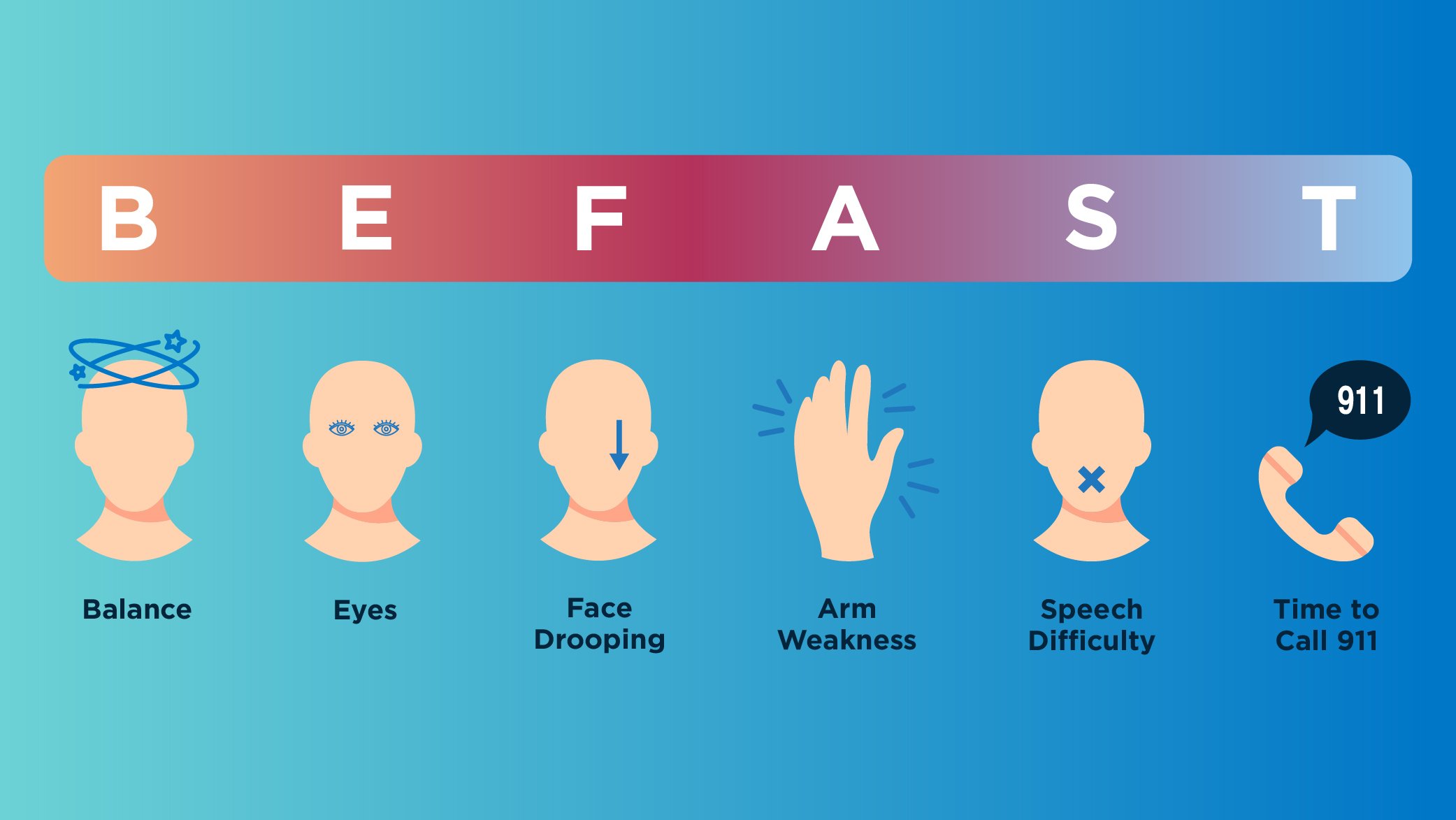Live Life to the Fullest with Comprehensive Spine Care
We are dedicated to helping patients overcome spine-related challenges that affect their quality of life. Whether you’re experiencing discomfort from a recent injury or dealing with a long-term degenerative condition, our team offers a full range of cutting-edge treatments. From non-invasive therapies to advanced surgical procedures, we provide personalized care to address your unique spine condition and help you regain mobility, reduce pain, and get back to the activities you love.
Our Approach to Spine Care
We believe that effective spine care starts with a thorough understanding of each patient’s needs. Our team uses a multidisciplinary approach, combining expertise from neurosurgery, orthopedics, pain management, and rehabilitation to develop a comprehensive treatment plan. We prioritize conservative treatments first, opting for non-surgical interventions whenever possible, and only recommend surgery when absolutely necessary. Using the latest diagnostic technology, we pinpoint the exact cause of your symptoms to deliver precise, targeted care that promotes healing, reduces recovery time, and maximizes long-term results. Throughout your treatment journey, we focus on open communication and collaboration, making sure you’re informed and comfortable with each step of your care plan.
Conditions We Treat
Our spine experts treat a wide range of common and complex spine conditions, including but not limited to:
- Cauda Equina Syndrome
- Cervical and Lumbar Radiculopathy
- Coccydynia
- Compression fractures
- Degenerative disc disease
- Herniated or bulging discs
- Sciatica
- Scoliosis
- Spinal cord injuries
- Spinal fractures and trauma
- Spinal infections
- Spinal stenosis
- Spinal tumors
- Spondylolisthesis
Our Services & Treatments
We offer a comprehensive range of spine care services designed to diagnose, manage, and treat spine conditions at every stage. Our integrated approach ensures that you receive the best possible care, from initial diagnosis to recovery and rehabilitation.








